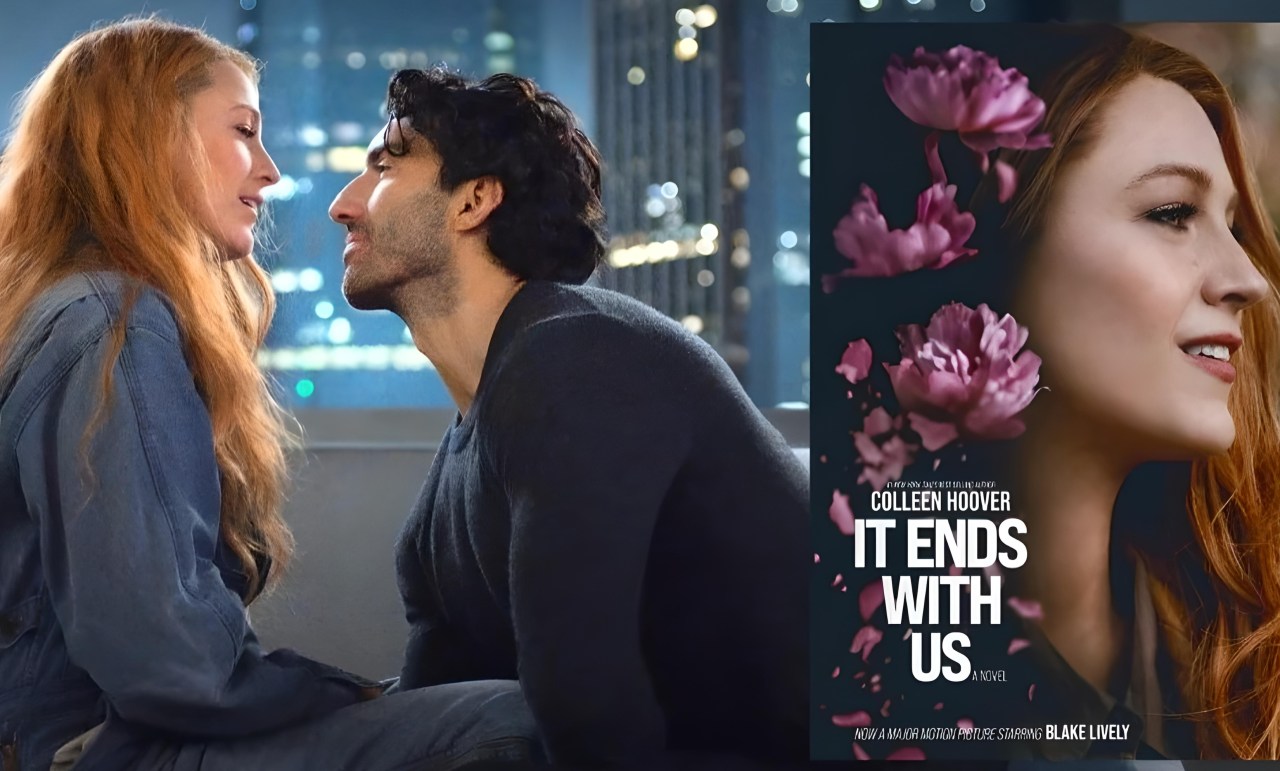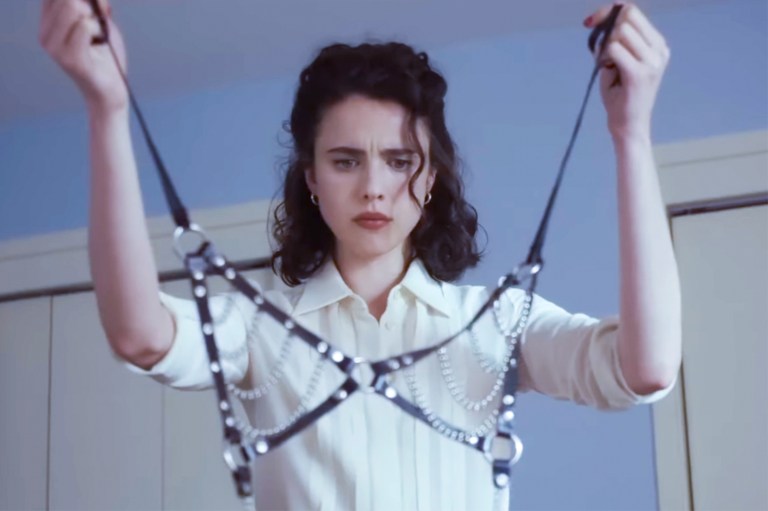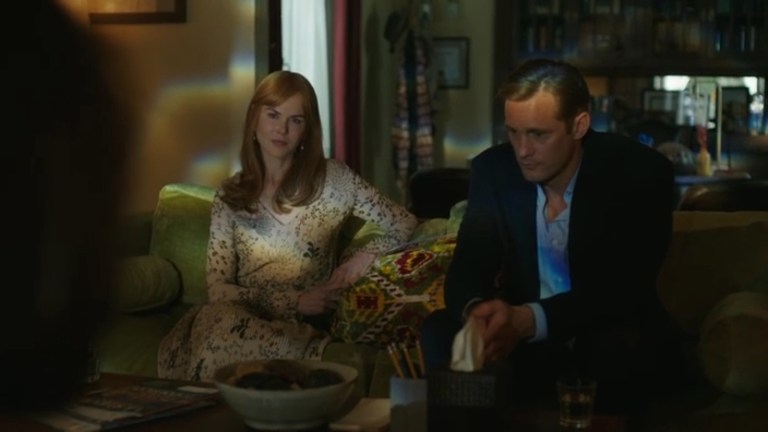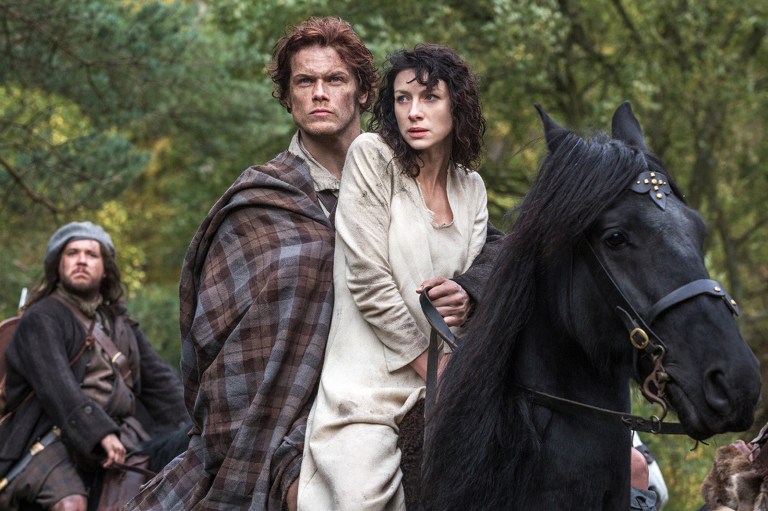
Colleen Hoover Is A Terrible Writer Who Glorifies Abuse, Lacks Depth, And Doesn’t Deserve The Hype (Here’s Why)
Colleen Hoover has built a literary empire on emotionally charged, easily digestible stories that blur the lines between romance and trauma.
With millions of devoted readers, she has established herself as a dominant force in contemporary fiction, flooding bestseller lists and social media trends like BookTok. Beneath the surface of her success lies a disturbing pattern, the romanticization of abuse, the trivialization of serious trauma, and the lack of accountability in her storytelling.
We recently delved deep into how damaging It Ends With Us was, but what about the rest of Colleen Hoover’s catalog? Should there be more movies adapting her novels? Let’s talk.
Colleen Hoover’s brand thrives on trauma disguised as romance
Colleen Hoover’s brand is sustained through trauma-porn fiction. She extracts agony for its sensational value but fails ever to actually confront it in a meaningful way. What’s the result? Books that sound titillating but have no substance, full of cheap plot twists that don’t mean a damn thing. Her books aren’t deep. Her books are lazy, exploitative, and manipulative in an emotional sense. Instead of creating real, multi-dimensional characters, Hoover resorts to trauma as a character flaw. Her female characters are one-dimensional, passive, and in life only to suffer for love, and her male characters are walking red flags in “tragic” and “troubled” packaging. Hoover’s work comes in a predictable and disturbing form in her novels. Give a female character a sad past, a male character with controlling and abusive behavior, and then introduce them in a passionate, but not a toxic, love affair. That’s in nearly all of her novels, including Ugly Love, November 9, and Reminders of Him.
The most powerful demonstration of this is It Ends With Us. While the book portrays the abuse cycle, it then downplays the issue through its characterization of abuser Ryle Kincaid as a sympathetic character whose actions are warranted through trauma. Instead of focusing on Lily’s survival and resilience, Hoover prioritizes Ryle’s inner life and trauma, creating sympathy for him over outright disapproving him. Depicting abusers as “troubled” or “troubled” men who simply need a “right” woman to “fix” them reflects real-life manipulation trends. Instead of providing a strong, unequivocal message about getting out of abusive relationships, Hoover’s book suggests that Lily’s decision to leave Ryle is heartbreaking rather than necessary. The sequel, It Starts With Us, only adds insult to injury, reducing Ryle to a minor inconvenience rather than exploring the realities of trauma, co-parenting with an abuser, or rebuilding a life after domestic violence.
Women in Hoover’s books lack agency
Beyond the unhealthy relationships Hoover portrays, her female characters are weak-willed, passive, and written with little to no character development. In November 9, the protagonist is bullied into a relationship with a man who harasses and disrespects her, and yet Colleen Hoover insists such a relationship is fated and romantic. Ugly Love then portrays a love interest who regularly abuses the female protagonist, and yet she continues to take it for his sad past. The idea that women should tolerate emotional neglect and mistreatment in the name of love is a recurring theme in Hoover’s books. Rather than showcasing strong, independent female characters, she crafts women whose identities revolve entirely around the men in their lives. Hoover’s portrayal of women is fundamentally harmful because it strips them of agency. Her characters exist to suffer for love, and their arcs rarely involve true personal growth.
The most insane (and tone deaf) marketing of abuse
One of the most disturbing aspects of Hoover’s success is her ability to market trauma as entertainment. This became painfully evident when Hoover announced an It Ends With Us coloring book, a move that sparked massive backlash. The idea of turning a story about domestic violence into a lighthearted activity book was not only tone-deaf but also emblematic of the way Hoover treats trauma, as a commodity rather than a serious subject that demands careful handling. After intense criticism, Hoover pulled the coloring book, but the fact that it was conceived at all speaks volumes about how she views her work. It is merely content to be repackaged and resold in any format that will turn a profit. She DID have to approve this to be produced you know.
Why Colleen Hoover’s influence is more concerning than her books themselves
The sickest part of it all is Colleen Hoover doesn’t ONLY write about abusive relationships, she manipulates everyone into thinking that they’re a romance in the process. She takes abuse and spins it into epic love stories, turns warnings into passionate misconceptions, and convinces many that agony is part of an epic love story. The most infuriating part?
Young readers eat it up.
One of the most important aspects of Colleen Hoover’s problematized narrative is its target demographic. These books have a high reading level for young women, many of whom are in the midst of creating definitions for love and relationships for themselves. What messages about abuse and relationships they learn through Hoover’s books, consciously or unconsciously, can have long-lasting repercussions for definitions of what is and isn’t acceptable in a relationship. By portraying abuse as an act that can be understood, forgiven, and even reimagined in a heroic, doomed-love scenario, Hoover’s books create a norm for unhealthy behavior, in a culture that is already suffering from enough toxicity.
Hoover isn’t a genius, she’s a whiz at rebranding toxicity in terms of romance. In all honesty, the best thing for 2025 would be is a formal announcement of retirement instead of the rumors we’ve been seeing on BookTok.











